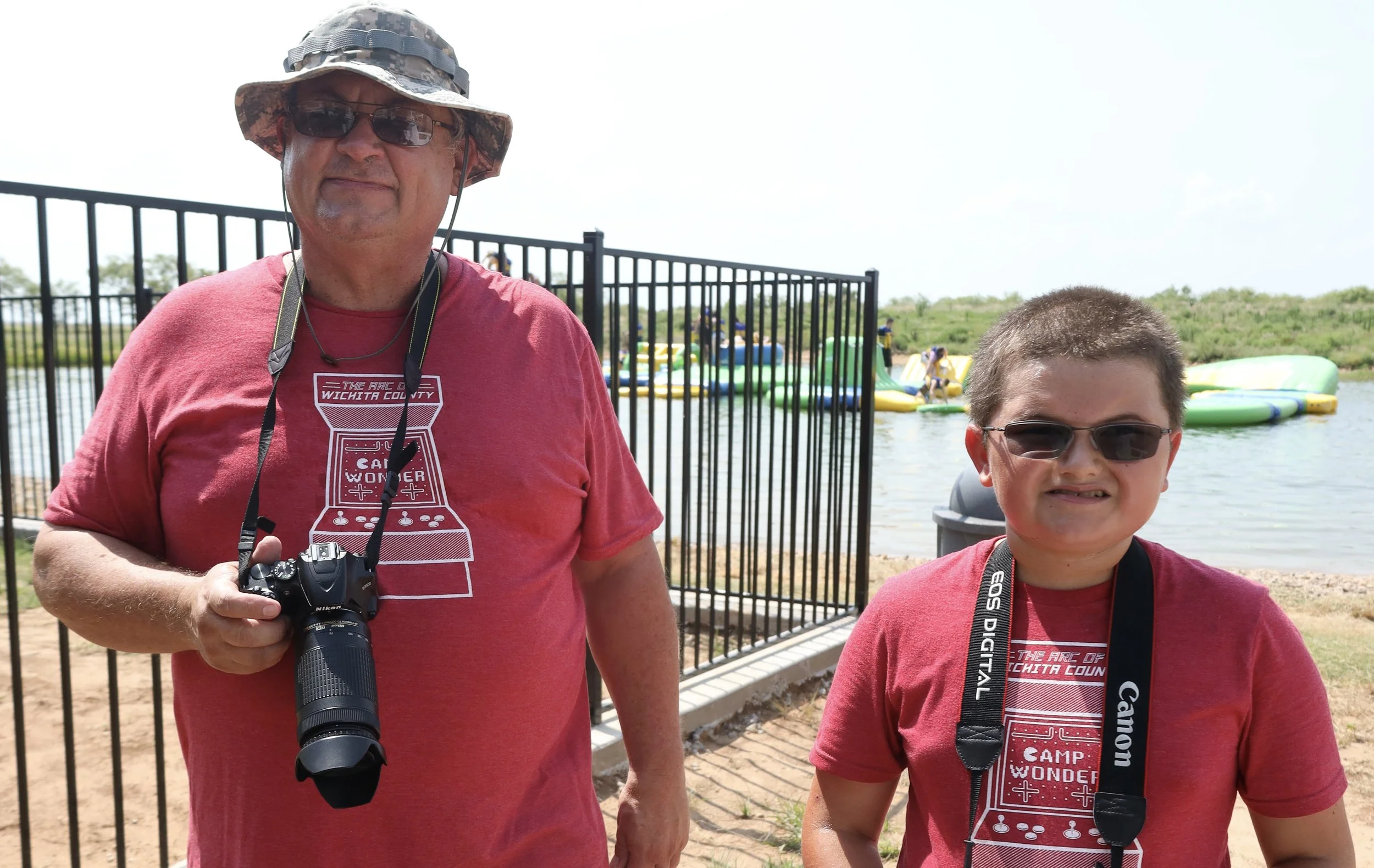This blog post was written by Dr. Frank Del Rio, Psy.D., LPC, CART
As we are getting close to the end of the school year, it is important to remember that this time of year can be dysregulating for some people with IDD. While there are noticeable changes going on with the weather and temperature that many of our individuals may have to deal with, there are also many social changes that will be occurring. Although the transition from school to summer break may be a joyous occasion for many individuals, that is not always the case for everyone we support. Things like a loss of a schedule, a loss of social interaction with peers, the increase in interactions with family, boredom, and the loss of structure that a classroom can bring can all dysregulate those that we care about. Many individuals may also have to deal with the loss of friends as they graduate or change schools, which can be a major blow. Likewise, some individuals may be concerned about where they will go once school is completed. This may be especially true if many of their classmates are talking about moving away to college.
Try to stay ahead of the transition that they are about to make by thinking of what they will be losing when they return home for summer break. Below are some ideas on ways to make this transition easier:
• Create a list of expectations for the summer with the individual. While expectations may be different during the school year, having a clear set of rules and goals for summer is important for maintaining the structure they may need.
• Discuss the summer and create a plan for each week. While some people with IDD might not need a day-to-day schedule, others may, and this is important for reducing anxiety and dysregulation over summer.
• Maintain the morning and evening routines as much as possible. Ensure that wake up time, breakfast time, and bedtime are all similar to the school year.
• If you would like to have a vacation or a trip to see family, make sure that these plans are well
telegraphed with reminders before the trip occurs. Travel may be weeks in the future, but notice should be given immediately!
• If you have an opportunity before summer begins, try and practice through make believe or role playing some of the activities that you will do over summer break that may be new. Pretend to go swimming or practice being at the airport.
• Allow for extra time for all activities, as a new schedule may mean more adjustment time needed.
• Make use of timers and visual schedules for day-to-day activities.
• Social stories may be needed to help better explain new plans for the summer.
• Find a way to increase planned scheduled events for each day and try to make them consistent.
• Summer is a good time to increase the amount of time that one can attend therapy.
• Remember that there may be rough days. Take some time for yourself to de-stress.
• Social stories may also be useful for explaining that some people may not be in their lives over the summer or after summer ends.
• You can create a memory book to help to ensure that names and faces for friends and school staff are easily remembered.
• Create a photo box with each important person from the school year.
• Use social media and virtual meetings to your advantage for long distance friends.
• Plan summer meet ups to encourage contact after school.
• Counseling as needed for the loss of friends if the impact of their loss is extreme.
I hope everyone has a wonderful summer and, as always, your friends at The Arc are available if needed!
